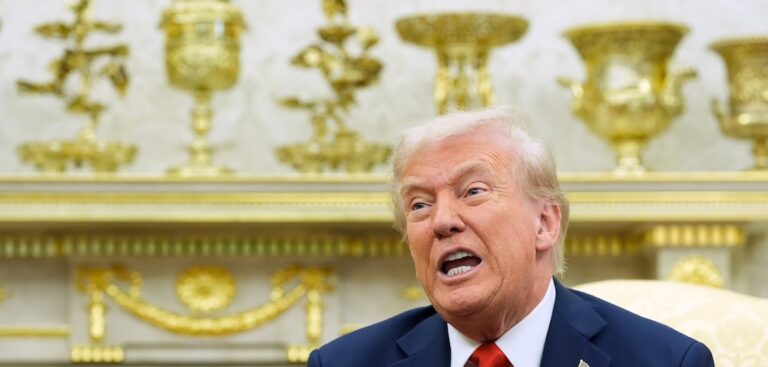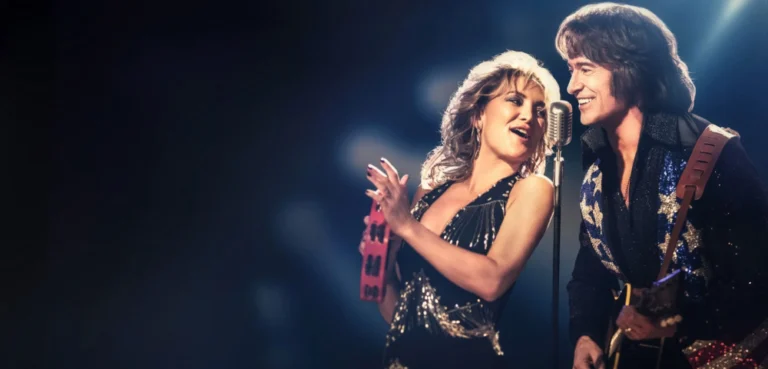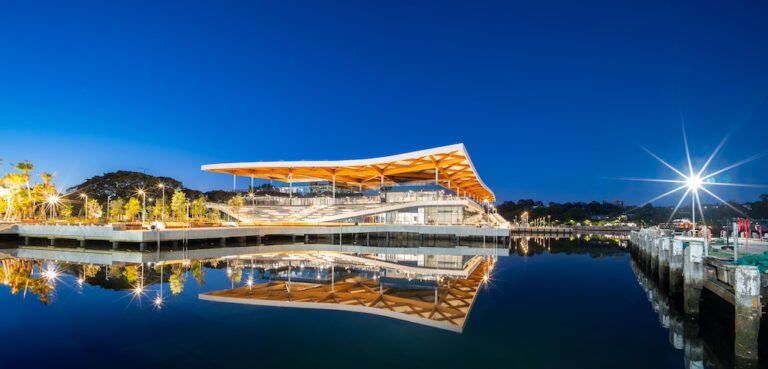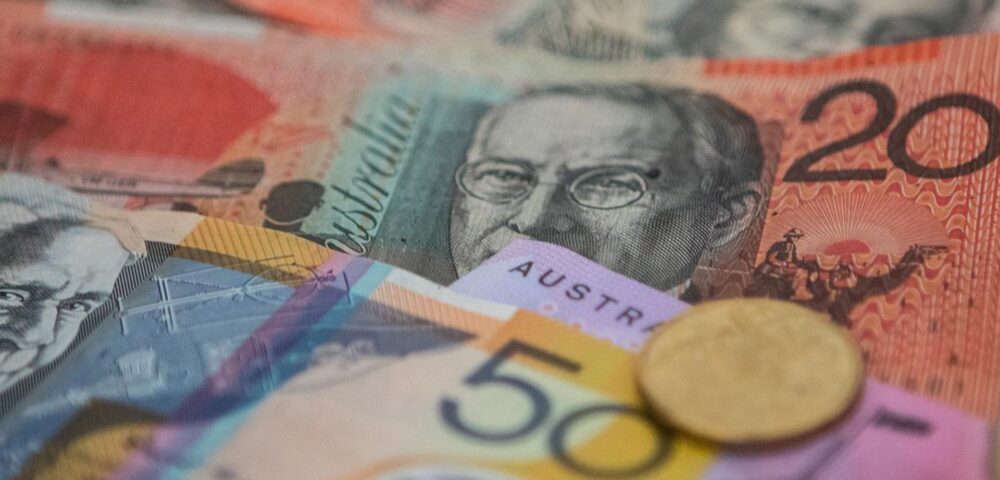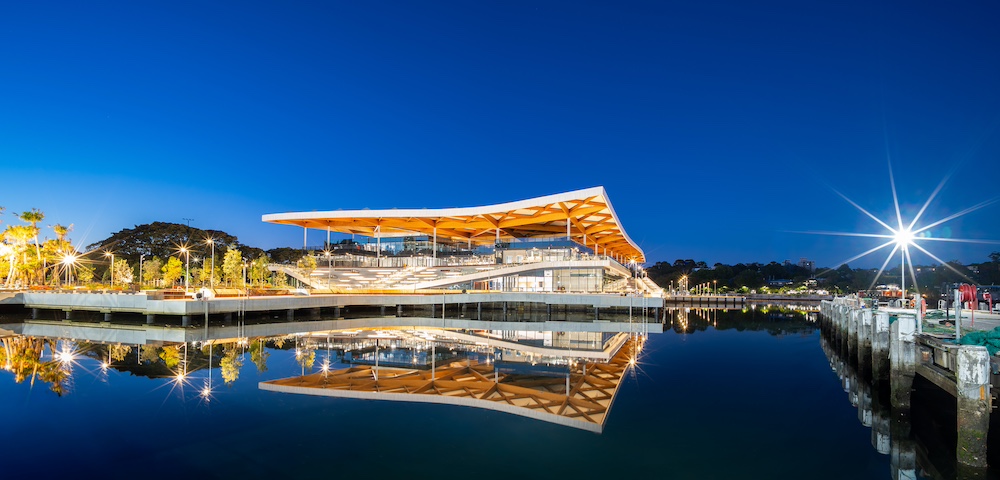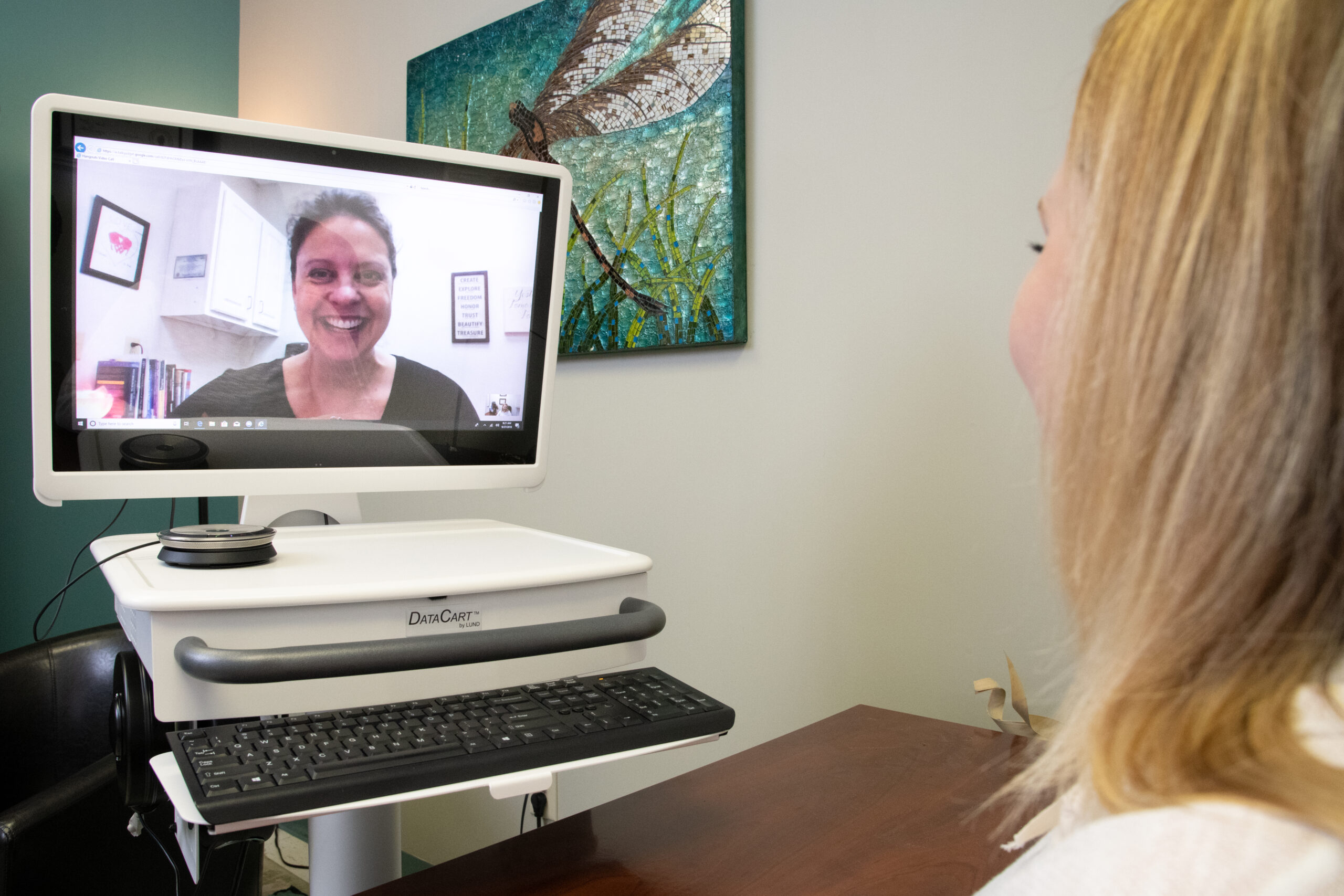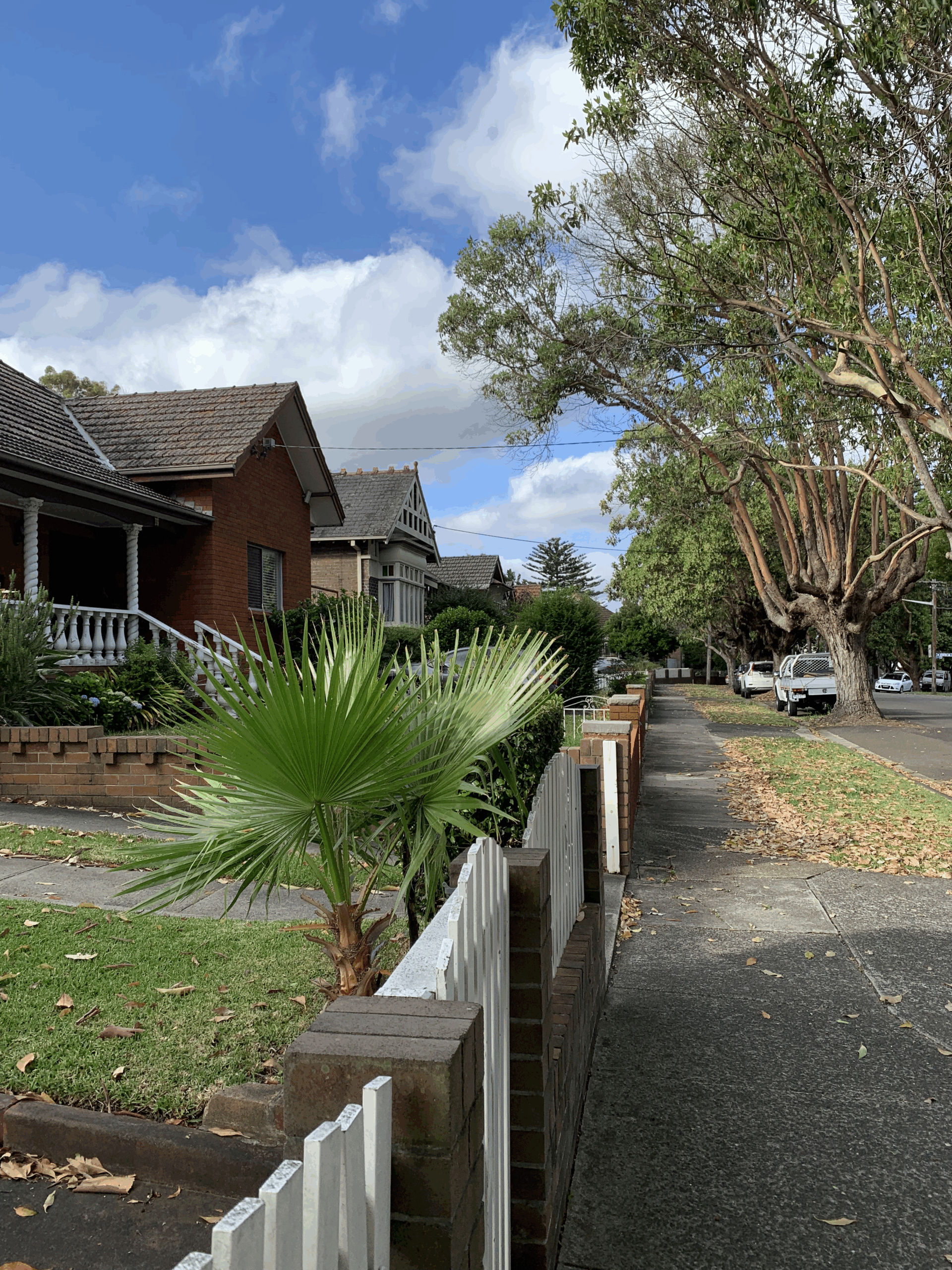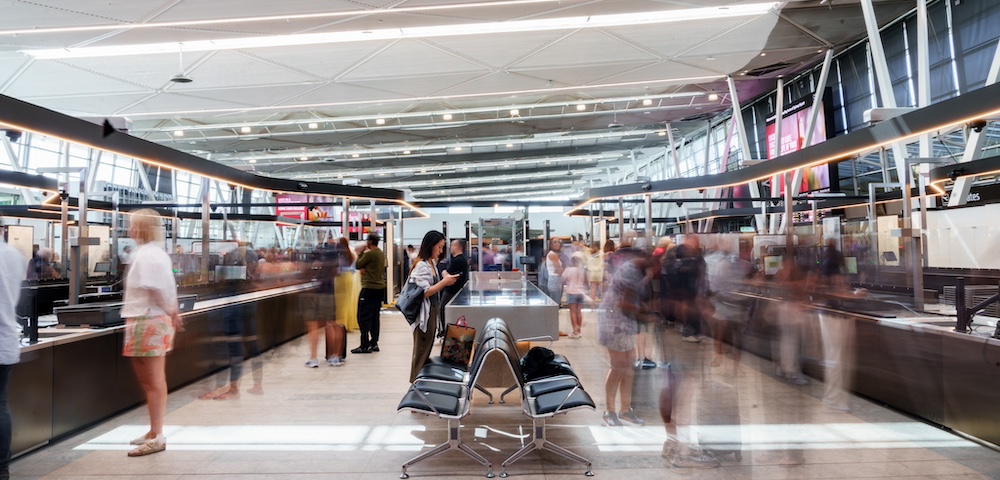

By Will Thorpe
The Albanese government has announced its intention to ban children and teenagers, possibly up to the age of sixteen, from social media platforms, inviting mixed responses from experts.
The changes were announced by Prime Minister Anthony Albanese on September 10, with legislation set to be tabled this year. The cutoff age is yet to be finalised, but will be at minimum thirteen.
“Social media is causing social harm, and it is taking kids away from real friends and real experiences,” Albanese remarked, saying that, “Australian young people deserve better, and I stand with them and with all Australian parents in protecting our kids.”
GPs have lent support to the concept. Doctor Cathy Andronis, Specific Interests Psychological Medicine Chair at the Royal Australian College of General Practitioners, drew a link between social media use and mental distress.
“Adolescents are experiencing much higher rates of anxiety, and so we’re seeing that now, and they’re also experiencing high rates of bullying, and a lot of that happens online, via social media,” Andronis remarked to newsGP.
She suggested that “we … put some controls on the information that children are receiving, so they’re receiving credible, good quality information, as opposed to unfiltered, uncensored, unrestricted information online, which is mostly happening through social media,’ saying that it would be good for their health.”
Andronis was commenting after Victoria and South Australia pledged to establish similar state-level bans, barely before the Prime Minister’s announcement.
Ban Will Not Address Online Safety
Not all feedback has been positive. The Alannah & Madeline Foundation, a charity intended to shield children from violence, and referenced by Albanese, who wrote that the government was partnering with the organisation, told The Guardian that a ban would not address underlying issues.
‘It’s not that raising the age is a bad thing; it’s just [that] it’s completely irrelevant to the drivers and causes of the risks and the harms that children and young people face online,’ the charity commented.
The charity expressed significant concern that “children and young people don’t think this is a good idea” with there being “cohorts of children and young people who find the use of tech and social media incredibly empowering and positive, and basically we will be denying them that ability.”
The charity argued that a ban could push kids to circumvent restrictions, ultimately leading them to see adult-targeted content and causing them to shy away from seeking advice from trustworthy adults.
An article published by the foundation on its website argued that age limits for social media ‘fail to address the underlying factors that make social media inherently unsafe for children and young people.’
‘Social Media Ban Is The Wrong Focus’
Brad Ridout, psychologist and Associate Professor of Cyberpsychology at the University of Sydney, told CityHub that a social media ban is the wrong focus.
“While there are real concerns that social media poses for young people like bullying and harmful content, it also helps many teenagers stay connected with friends, explore their identities and find mental health support,” in particular queer youth and “those from marginalised groups,” Ridout noted.
“Banning it outright could mean taking away something that’s actually beneficial for many. It also overlooks the many other online threats to young people’s mental health and development, such as excessive online gaming, pornography, and cyberbullying, and inappropriate content in other online forums.”
“An outright ban would also be incredibly difficult to enforce. … A ban also risks pushing teenagers to other, less regulated areas of the internet, or they will find ways to connect to social media in secret away from their parents’ supervision and guidance.” However, he noted that parents delaying access to social media “has been shown to be a very effective strategy”.
“Rather than banning social media, we should focus on educating both kids and parents on how to navigate the internet safely. Families can work together to create household rules about what’s allowed and what’s appropriate, but the real key is open communication. Teens need to feel they can talk to their parents if something goes wrong online, so they can solve it together instead of dealing with it alone.”
Ridout says he has recently helped develop “a safe, anonymous” and clinically supervised “social media platform for 12-25-year-olds where they can connect safely with peers around mental health and wellbeing topics.”
Voters Support Social Media Ban For Children
My Circle allows users to choose subjects on which to connect with other young Australians in similar circumstances. Topics include mental health, neurodivergence, school and work, substance use, self-harm, family relationships, friendships, dating and sex, and body image and self-esteem. He cites it as an example of a safe alternative to social media.
Former High Court Chief Justice Robert French is investigating how such a ban could be legislated and enforced for the South Australian Government, with the findings to be used by the Commonwealth Government. Nonetheless, Albanese says the ban will force social media platforms to abide by their social obligations, noting the growth of mental health issues among young people. An age verification trial is ongoing, the prime minister inferring that it will inform legislation.
A Guardian Essential poll released on June 4 found almost two-thirds of voters support raising the minimum age for social media use from thirteen to sixteen.

